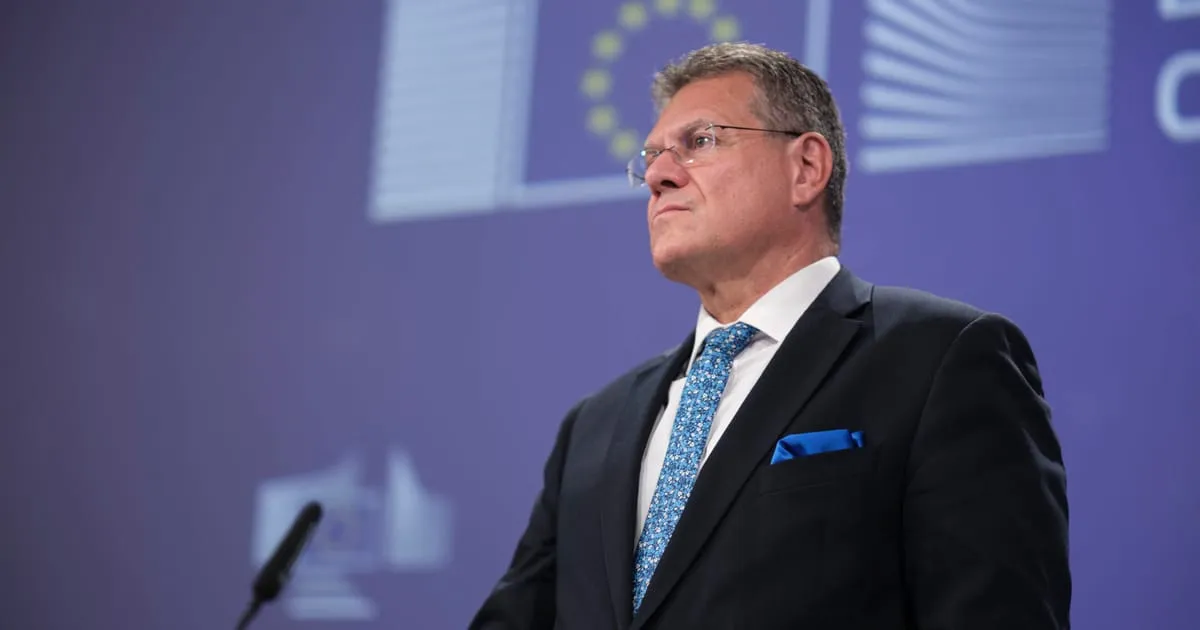
In a significant development, China has confirmed that its suspension of export controls on rare earths will extend to the European Union, according to the bloc's trade chief, Maroš Šefčovič. This announcement came early Saturday following a pivotal meeting between Chinese President Xi Jinping and former U.S. President Donald Trump on Thursday. As a result of these discussions, Beijing has agreed to delay its latest round of rare earth export restrictions for a period of one year.
The swift response from the EU was aimed at securing assurances that the suspension would also encompass the bloc. Šefčovič took to social media platform X on Saturday morning to confirm that the suspension of the October export controls indeed applies to the European Union. He emphasized that both parties have reaffirmed their commitment to continue engaging in discussions to enhance the implementation of export control policies.
China's tightening grip on critical minerals has raised alarms, particularly as it expands export controls on rare earths and other materials essential for the clean-tech and defense industries. Notably, the European Union relies on China for nearly 99 percent of its rare earth supply, prompting urgent efforts to reduce this dependency. Speaking to reporters in Rome on Friday, Šefčovič revealed that high-level official talks on export controls with China are currently underway. He stated, "I will speak again with my Chinese counterpart very, very soon."
In a bold move, Šefčovič also indicated his vision for a collective approach to purchasing critical raw materials within the EU. He remarked, "We can do the bidding on behalf of the biggest trading bloc in the world, which is the European Union, to secure critical raw materials at more favorable prices." This strategy aims to enhance the EU's negotiating power in the global market for these essential resources.
The recent export controls imposed by Beijing have caused significant disruption in markets and supply chains, with European companies grappling with prolonged delays and sharp price increases due to raw material shortages. In response, the European Commission is working diligently to secure its own supplies of rare earth magnets and has initiated a comprehensive plan to diversify Europe's supply chain by the end of the year.
The EU welcomed China's decision to suspend the relevant export controls, as stated by European Commission spokesperson Olof Gill. He described the move as "appropriate and responsible" in the context of ensuring stable global trade flows in this critically important sector. Furthermore, G7 allies are actively seeking to coordinate their responses to China's dominance in the supply of crucial minerals. On Friday, G7 ministers signed numerous agreements for critical minerals under a new supply-chain pact aimed at countering China's influence in the rare earths market.